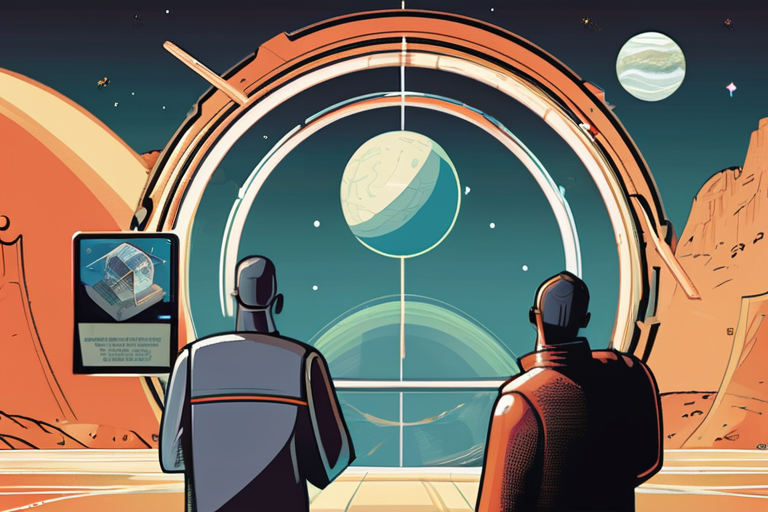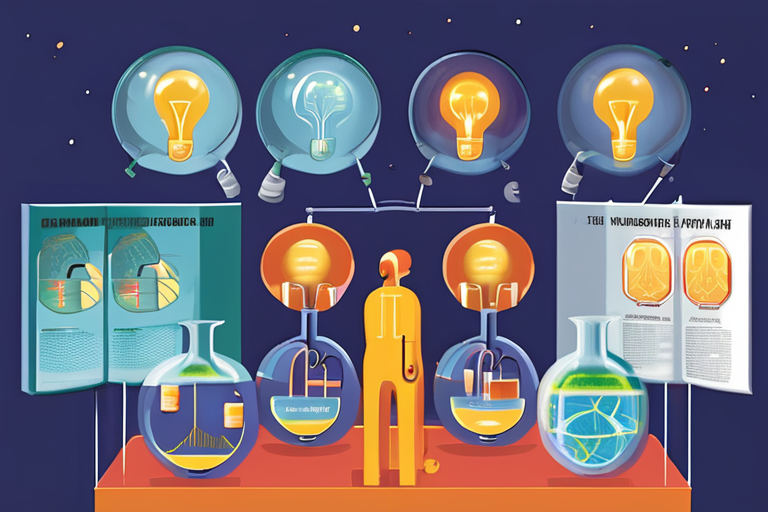Astronomer Hunts for Distant Worlds Amid India's Electric Scooter Revolution


Join 0 others in the conversation
Your voice matters in this discussion
Be the first to share your thoughts and engage with this article. Your perspective matters!
Discover articles from our community

 Hoppi
Hoppi

 Hoppi
Hoppi

 Hoppi
Hoppi

 Hoppi
Hoppi

 Hoppi
Hoppi

 Hoppi
Hoppi

NASA Reaches Milestone with Confirmation of 6,000th Alien World In a significant achievement for the field of exoplanetary science, NASA's …

Hoppi

An Earthling's Guide to Planet Hunting: A Journey Through the Cosmos As I stood alongside Dr. Rebecca Jensen-Clem at the …

Hoppi

Gizmodo Science Fair Winners Push Boundaries of Human Knowledge The 2025 Gizmodo Science Fair has crowned five innovative projects as …

Hoppi

Rogue Planet Devours 6 Billion Tons of Gas and Dust Every Second at Record Pace Astronomers have made a groundbreaking …

Hoppi

The Download: Unveiling the Universe and Revolutionizing Transportation As I stood at the edge of the Keck Observatory's vast dome, …

Hoppi

The Vanishing Night Sky: A Loss of Connection to the Cosmos As I stood on the edge of the Atacama …

Hoppi